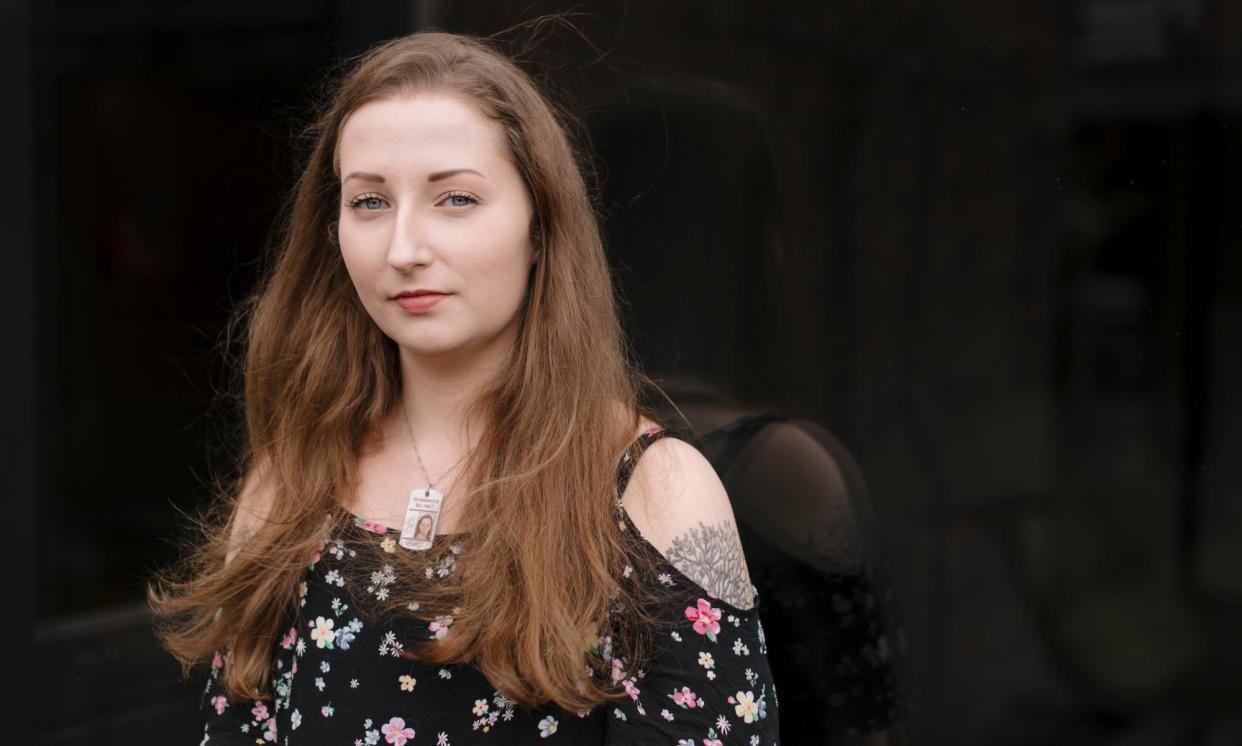Allowing euthanasia for mental suffering is problematic

The story of Zoraya ter Beek should certainly elicit our compassion (Dutch woman, 29, granted euthanasia approval on grounds of mental suffering, 16 May). For such a young person to feel their mental suffering has been enough to make them wish for euthanasia is tragic. As psychiatrists, we are inclined to ask questions about the surety of her diagnoses and about the details of her treatment. A deeper instinct, obliterated once assisted suicide and euthanasia are legalised and normalised, says there is always something to be done: there is always hope. Euthanasia offers the opposite: nothing further to be done; no hope, only death.
But ter Beek’s story has wider implications. For instance, it shows how the eligibility criteria for assisted suicide and euthanasia expand. In the Netherlands, as in other countries, the criteria now include not solely those with the capacity to make decisions, but those who lack capacity too; not solely physical suffering but mental (which can include being “tired of life”); not solely adults, but also children.
While ter Beek thinks the system is safe in the Netherlands, we have to recognise just how value-laden many psychiatric diagnoses are and how nebulous a term such as “unbearable suffering” must remain. The hopelessness of people with depression will seem to make their suffering unbearable, but clinicians must provide hope. It is of the greatest significance that, in the Netherlands as elsewhere, so few doctors are “willing to be involved in assisted dying for people with mental suffering”. It is because aiming at death is anathema to the ethics of medical care. Allowing euthanasia for mental health problems suggests a conflict between the policy of suicide prevention and a policy of suicide promotion. To say that “assisted dying” is the way to go is to promote suicide and to contradict the ethos of a genuinely caring society.
Julian C Hughes Honorary professor, University of Bristol
Jonathan Cavanagh Professor of psychiatry, University of Glasgow
Allan House Emeritus professor of liaison psychiatry, University of Leeds
Alan Thomas Professor of old age psychiatry, Newcastle University
• In the UK and Ireland, you can call Samaritans on freephone 116 123, or email jo@samaritans.org or jo@samaritans.ie. In the US, call or text Mental Health America at 988 or chat 988lifeline.org. In Australia, support is available at Beyond Blue on 1300 22 4636, Lifeline on 13 11 14, and at MensLine on 1300 789 978. Other international helplines can be found at befrienders.org

 Yahoo News
Yahoo News 
